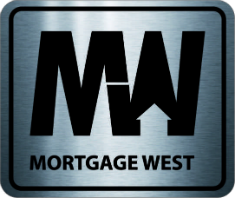With fixed interest rates at historical lows anyone with a variable rate is having to consider two big questions. Should I lock in to a fixed rate? If that answer is yes , then another question arises. When should I lock in ?
The first question is the most difficult. With variable rate mortgages at incredibly low rates, often less than 2% (April 17, 2009), it requires a virtual doubling of interest costs to secure a locked in rate. Past studies have shown that over the past 40+ years the lowest cost, over 90% of the time, would have been a variable rate. So a borrower is trying to find that elusive 10% of the time when a fixed rate works out best.
Is that now? A lot of borrowers lock in to a 5 year fixed term when they decide to lock in. Current best 5 year rates are at 3.9%. Most variable rate borrowers are currently paying 1.9% or less. This means that they will be increasing their borrowing cost by 2% if they choose to lock in. We are at a time when the Bank of Canada is still signaling that rates will stay low and the economy is looking like it may take a long time to recover.
So on a mortgage of $100,000. if a person moves from a 1.9% variable rate to a 3.9% fixed rate they will increase their cost by $166. P/M or $2,000 per year. If a person waits for rates to change before locking in a 1/4% increase on the same $100,000. costs only $250. per year. When you look at it this way the choice is much more difficult. Another factor in determining if it is time to lock in is the time remaining on your current term. If your variable rate term will mature within the next 12 months you are already facing a severe increase in borrowing costs at maturity. This is because variable rates were available under prime rate in previous years and now the pricing is at prime plus .8%.
So what is the answer to the above questions? There is no absolute right answer and as you can see above the factors can be complicated. That is why we recommend you start using a mortgage professional to help with these very important and very difficult decisions. Your mortgage professional is trained to sort through the above information as it applies to your situation and give you valuable advice on the pros and cons of each choice.


